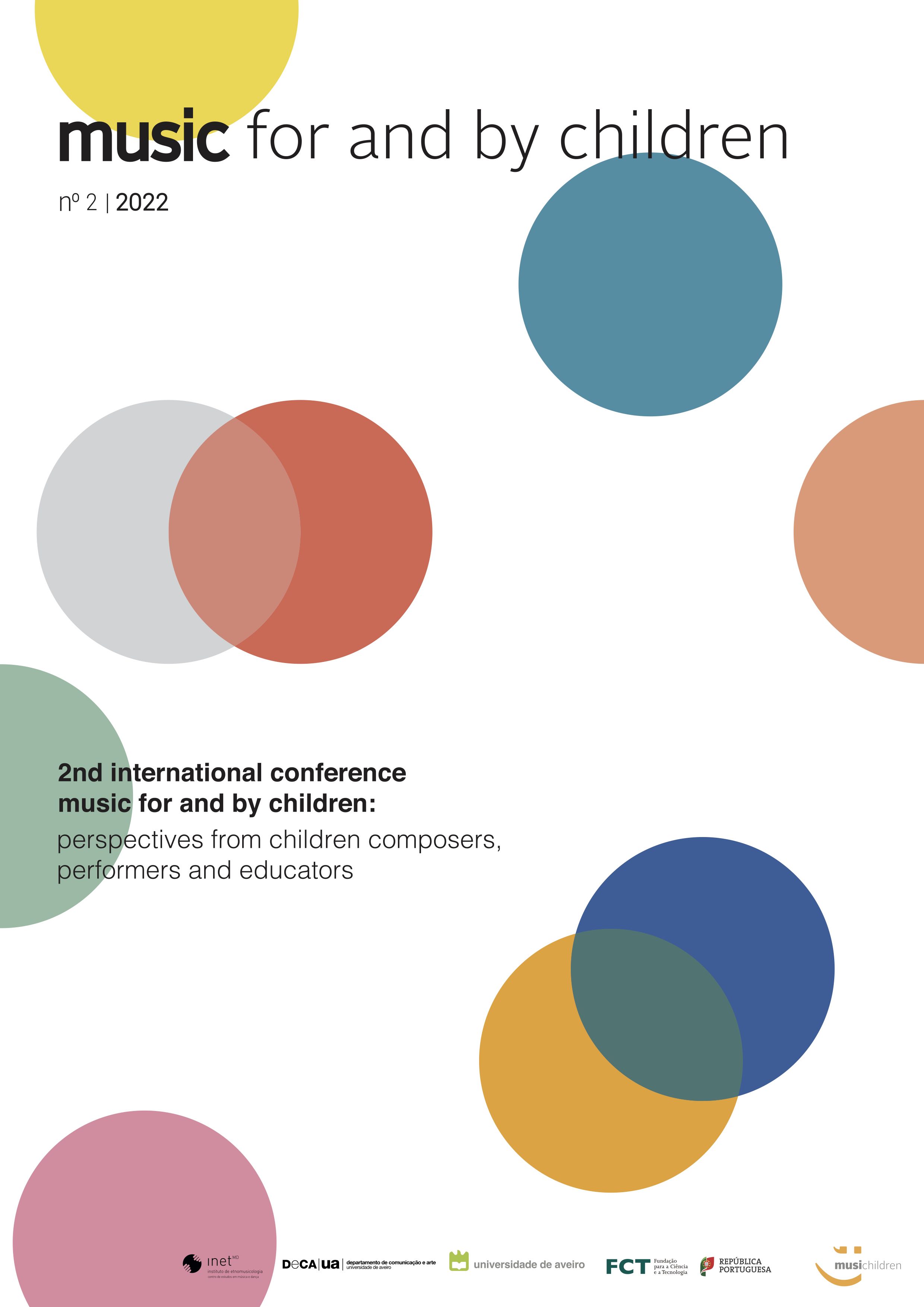Instrumentarium XX1: Experimental Instruments for the Development of Musical Creativity
Abstract
Contemporary approaches to music education must keep pace with changes in society and pose a major challenge for educators. Current needs require schools to move towards open and holistic positions, incorporating approaches far removed from classical visions, in which tonal music, conventional notation and traditional instruments are predominant.
The main frameworks of reference are: 1) Embodied Cognition Theory or Embodied Cognition (the focus is on manipulation from the bodily experience); 2) Sound Based Music (the starting point is sound as raw material to be manipulated and transformed, thus expanding the sound palette towards territories open to new dimensions, beyond the tonal); 3) Universal Design (applied to music, it guarantees the design of inclusive materials without access limitations); and 4) The Baschet instrument (in relation to the systems of activation and generation of sound: oscillator types, activation processes, forms of radiation and amplification, and articulation and range modulation systems).
Prior to the design and construction of the instrumentarium, a double process was carried out: a) a survey was carried out with active Spanish teachers of pre-school, primary and secondary education to find out about the musical practices they develop in their classrooms; and b) a discussion group was held with experts to define the general musical characteristics of Instrumentarium XX1. A group formed by researchers from different fields related to music (Educators, Musicians, Sound Artists and Designers) with extensive academic and professional experience in music education and with experience in lutherie.
References
Beghetto, R. A., & Kaufman, J. C. (2014). Classroom contexts for creativity. High ability studies, 25(1), 53-69.
Coss, Roger G. "Creative thinking in music: Student-centered strategies for implementing exploration into the music classroom." General Music Today 33.1 (2019): 29-37.
Craft, A. (2001). An analysis of research and literature on creativity in education. Qualifications and Curriculum Authority, 51(2), 1-37.
Gibson, H. (2005). What creativity isn't: The presumptions of instrumental and individual justifications for creativity in education. British journal of educational studies, 53(2), 148-167.
Copyright (c) 2023 Music for and by children

This work is licensed under a Creative Commons Attribution 4.0 International License.





